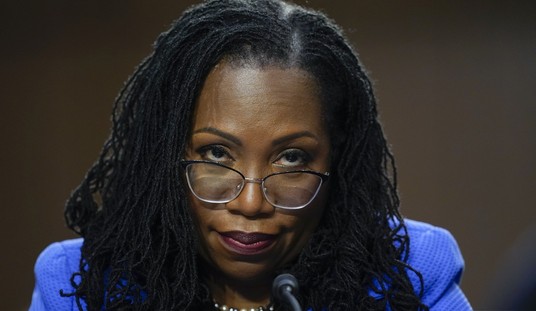The Internal Revenue Service (IRS) announced Monday that churches and other houses of worship can now endorse political candidates from the pulpit. This announcement upends a 71-year-old code banning political activity in organizations that seek a tax-exempt, nonprofit status.
The IRS said in a joint motion for consent judgment that if a house of worship endorsed a candidate to its congregants, the agency would no longer view that as campaigning but as a private matter, like “a family discussion concerning candidates.”
The move comes after the National Religious Broadcasters, Sand Springs Church, First Baptist Church Waskom, and Intercessors for America filed a complaint against the IRS and its former commissioner, Danny Werfel, on August 28, 2024. While a judge has not yet ruled on the motion, an approved consent judgement between the two parties would officially change over seventy years of nonprofit precedent, known as the "Johnson Amendment."
The "Johnson Amendment" is a 1954 addition to the Internal Revenue Code that prohibits only one class of nonprofit organizations from being politically involved. The ban is named after former President Lyndon B. Johnson, who introduced the limitation as a senator. President Trump has repeatedly called for its repeal.
Under the "Johnson Amendment," certain organizations, including churches, are prohibited from participating or intervening in campaigns for public office as a condition for maintaining their non-profit, tax-exempt status.
The plaintiffs asked the court to declare that the "Johnson Amendment" was unconstitutional when used to create a chilling effect on political speech.
"Churches are placed in a unique and discriminatory status by the IRC," said the lawsuit. "The IRC places them automatically within the ambit of 501(c)(3) and thereby silences their speech, while providing no realistic alternative for operating in any other fashion. Churches have no choice; they are automatically silenced vis-à-vis political candidates."
Recommended
The plaintiffs emphasized they were not claiming that the IRS-imposed limitations on lobbying or fundraising were violating their First Amendment rights. Rather they were seeking to speak openly within their organizations.
"They only seek a declaratory judgment that they may use their regular means of communication to expound their views concerning political candidates who seek to represent them," said the joint motion filed Monday. "Plaintiffs seek no relief from the operation of the Johnson Amendment outside of this context."
The motion was filed with the United States District Court for the Eastern District of Texas on Monday. A judge has not yet ruled on the motion which would permanently enjoin the IRS from enforcing the Johnson Amendment against the plaintiff churches.

























Join the conversation as a VIP Member